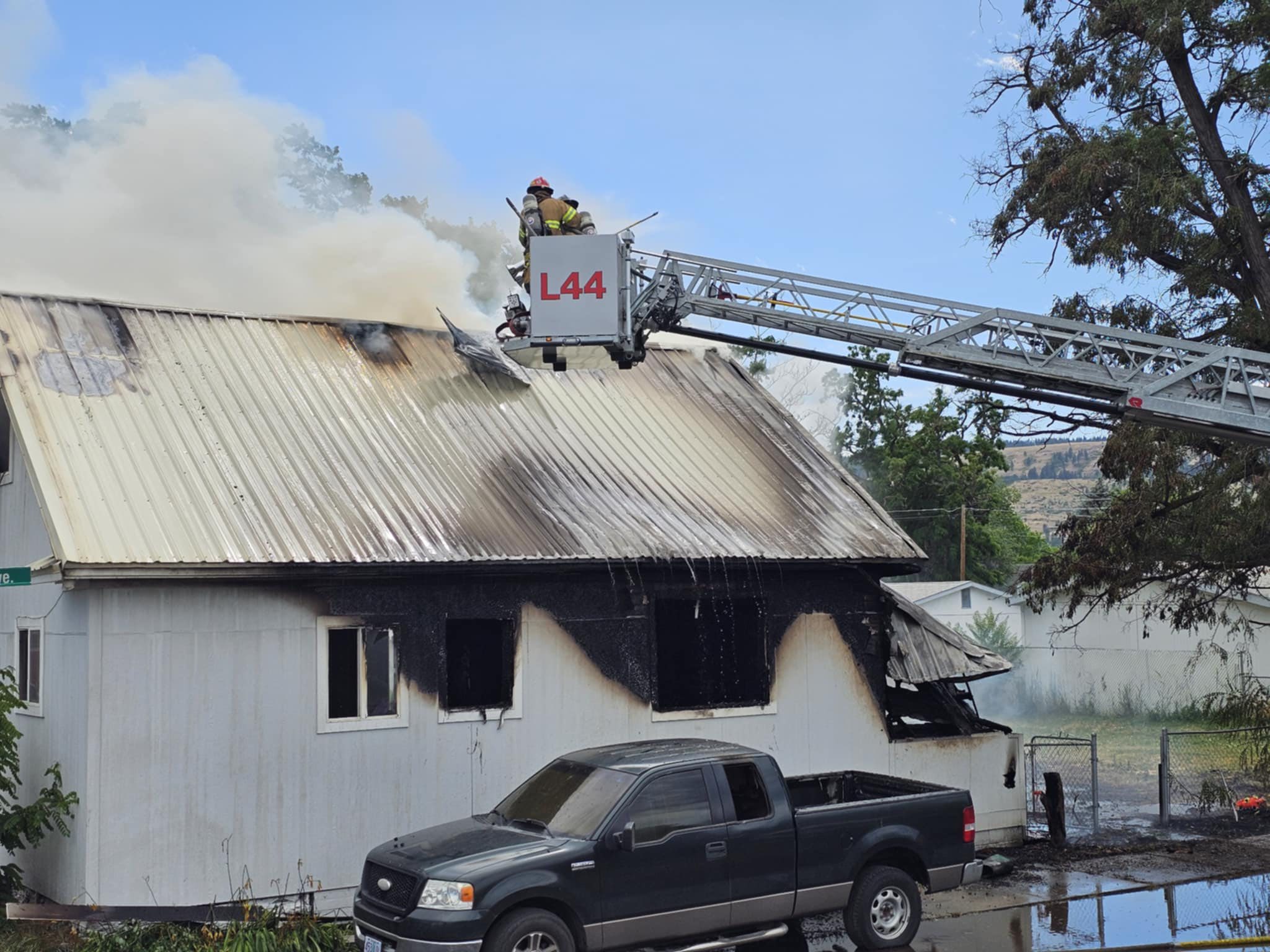State hires workers to help adults
Published 3:00 pm Sunday, October 17, 2021
SALEM — Oregon government agencies that care for some of the state’s most vulnerable people have been preparing for weeks to prevent likely staff shortages on Tuesday, Oct. 19, when unvaccinated state employees and medical workers must stop in-person work under Gov. Kate Brown’s mandates.
At the Department of Human Services, that meant bringing in 110 new contracted workers to meet the intensive around-the-clock care needs of approximately 100 adults with intellectual and developmental disabilities living in state-run group homes.
The new workers started Oct. 6 and will continue through at least mid-November according to Angela Yeager, a spokesperson for the human services office that serves people with developmental disabilities.
Yeager said the office is also contracting for staff to fill in on a short-term basis for unvaccinated workers at independently run 24-hour group homes and foster homes for adults with intellectual and developmental disabilities. The state contracts with those privately run facilities to care for adults and children in state care.
On Oct. 14, the state reported 79% of employees at the Department of Human Services had provided proof they were fully vaccinated and 9% had received a religious or medical exemption. The remaining 11.7% had not provided vaccination records or their request for an exemption was still being processed.
The agency also serves children with intellectual and developmental disabilities, and Yeager said Oregon is offering $500 per worker incentive payments to people who work in children’s group homes from Oct. 8 through Nov. 15. She also pointed to rate increases for children’s residential programs and homes and grants to providers this year that predate the governor’s vaccine mandate as examples of how the state is trying ensure those services remain available.
Child welfare, another division of the large human services agency, could also face staff shortages starting Oct. 19 when unvaccinated state employees who have not yet requested and received medical or religious exemptions will be placed on unpaid leave. State workers who have requested exemptions by then and can work remotely will be allowed to do so while their requests are processed.
But many child welfare jobs entail in-person work such as visiting children in their homes and attending court hearings.
Jake Sunderland, a press secretary for the human services department, said agency leaders used “an incident management team to help surface potential issues, and identify and employ solutions” to ensure “mission-critical functions” continue after the vaccination deadline.









